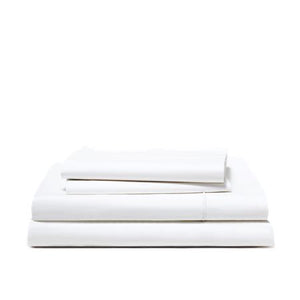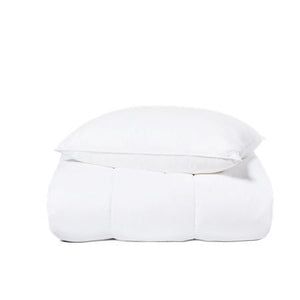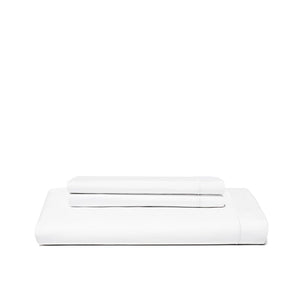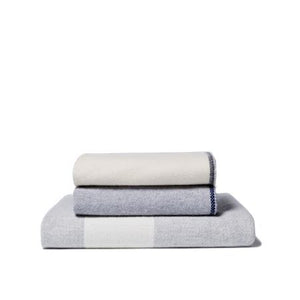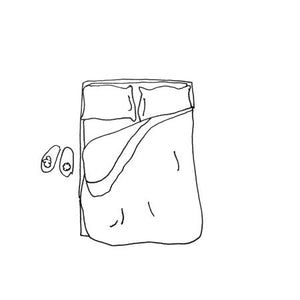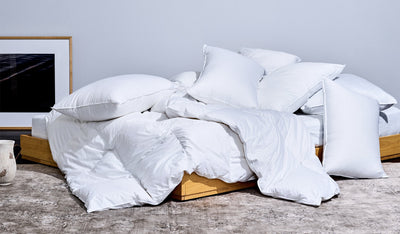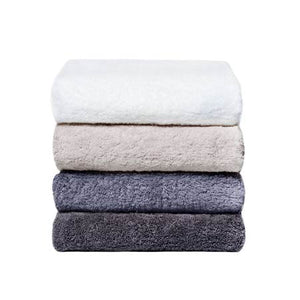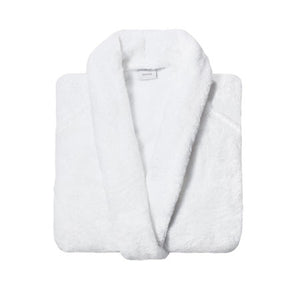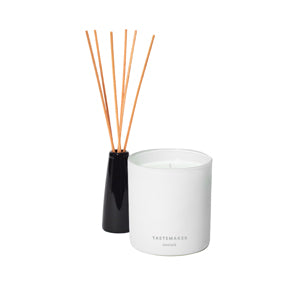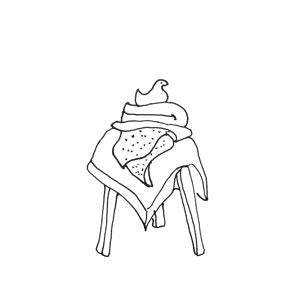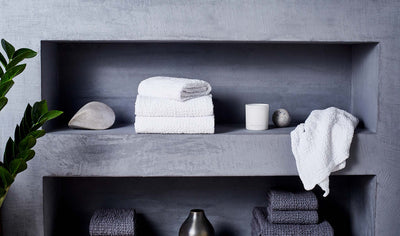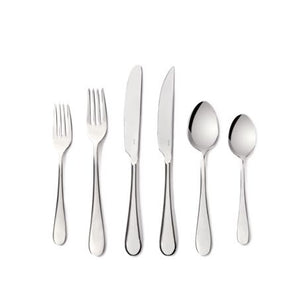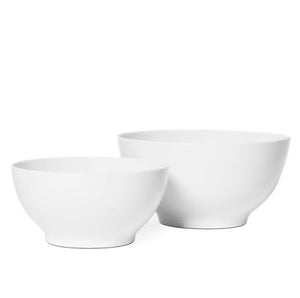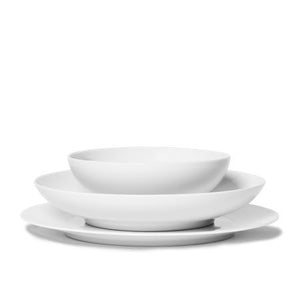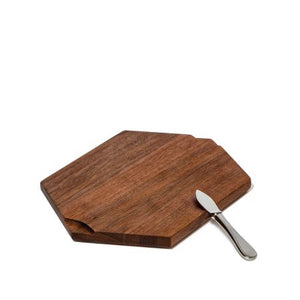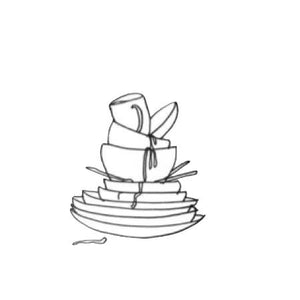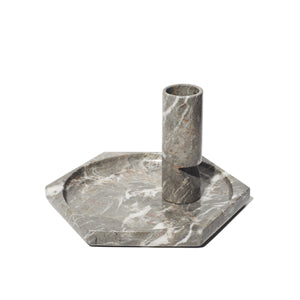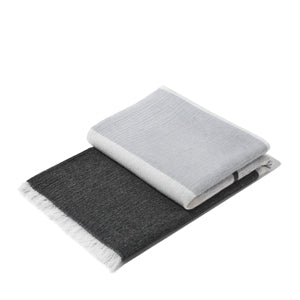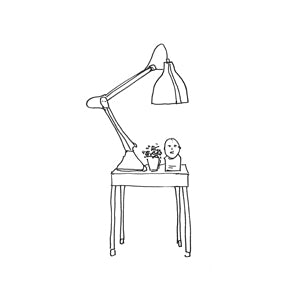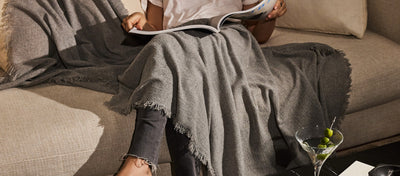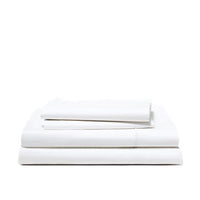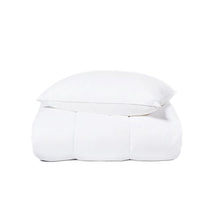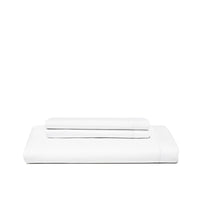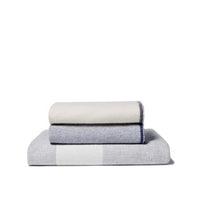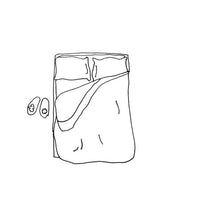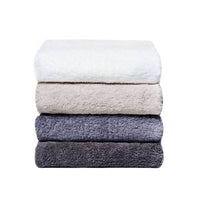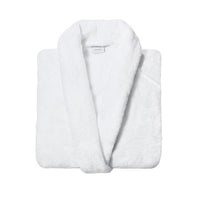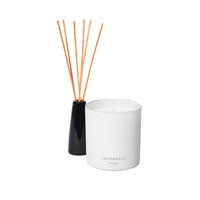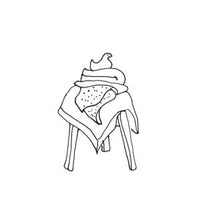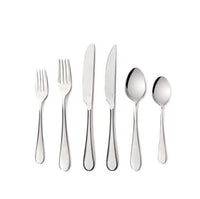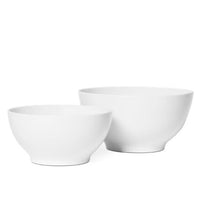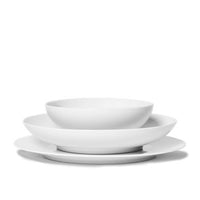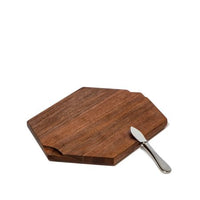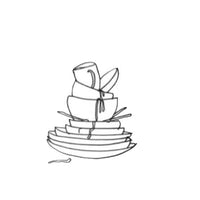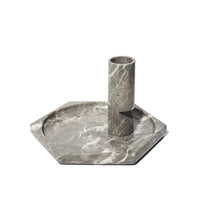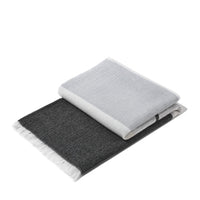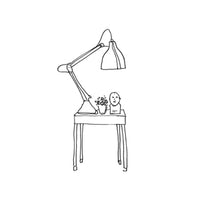When it comes to getting a good night's sleep, your bedding plays a significant role, and your sheets can make or break your sleep experience. With so many different materials and weaves to choose from, it can be overwhelming to know which one is the best option. In this article, we'll explore the best materials for sheets to help you make an informed decision.
Cotton sheets are favored for their softness, breathability, and durability, available in crisp percale and silky sateen weaves. Percale offers a cool, crisp feel ideal for bedding. Linen, crafted from flax fibers, is breathable, moisture-wicking, and increasingly soft with washing. Though linen sheets have a relaxed texture, they can be pricey and prone to wrinkles.
Bamboo sheets offer an affordable alternative. Bamboo is sustainable, soft, hypoallergenic, and moisture-wicking, naturally resisting bacteria and odors. Understanding the best sheet materials can improve your sleep quality and comfort choices.
Exploring the Best Materials for Bed Sheets

When it comes to selecting the best material for your bed sheets, there are a variety of options to choose from.
Each material has its own unique advantages, so it's important to consider your personal preferences when making your decision.
In this section, we'll explore some of the most popular materials for bed sheets and their benefits.
Cotton Varieties and Their Advantages
Cotton is one of the most widely used materials for bed sheets, and for good reason.
It's soft, breathable, and durable, making it a great choice for year-round use.
There are several varieties of cotton to choose from, including Pima, Egyptian, and Upland.
Pima cotton is known for its long, silky fibers, which produce a smooth and luxurious feel.
Egyptian cotton is also highly regarded for its softness and durability, thanks to its long staple fibers.
Upland cotton is a more affordable option, but still provides a comfortable and breathable sleeping experience.
Organic cotton is another option to consider if you're looking for a chemical-free and eco-friendly option.
It's grown without the use of harmful pesticides and chemicals, making it a great choice for those with sensitive skin or allergies.
Linen and Its Natural Appeal
Soft linen sheets are made from the fibers of the flax plant and are known for their natural and rustic appeal. They're also highly breathable and moisture-wicking, making them a great choice for hot and humid climates.
Linen sheets are durable, but they can take some time to soften up and may wrinkle easily.
The Silky Smoothness of Silk Bedding
Silk is a luxurious and lustrous material that's known for its silky smooth feel.
It's made from the fibers of the mulberry silk moth and is highly breathable, hypoallergenic, and moisture-wicking.
While silk sheets can be expensive, they're also highly durable and long-lasting.
Innovative Fibers: Tencel and Bamboo
Tencel and bamboo are two innovative fibers that are becoming increasingly popular for bed sheets.
Tencel is made from wood pulp and is known for its softness, breathability, and eco-friendliness.
Bamboo is also eco-friendly and sustainable, and its fibers produce a soft and silky feel.
Both materials are great choices for those with sensitive skin or allergies.
What is the Best Material for Sheets

When it comes to choosing the best material for your sheets, understanding the different weaves and fabric treatments available can help you make an informed decision.
In this section, we'll decode the most common weaves and fabrics to help you find the perfect sheets for your needs.
Percale vs. Sateen: Decoding the Weaves
Percale and sateen are two of the most popular weaves used for sheets.
Percale is a plain weave that features a one-over, one-under pattern, while sateen is a satin weave that features a four-over, one-under pattern.
Percale sheets are known for their crisp, cool feel and are often preferred by those who sleep hot.
They have a matte finish and a smooth texture that gets softer with each wash. Percale sheets typically have a thread count of 200 to 400 and are made with a single-ply yarn.
Sateen sheets, on the other hand, have a smooth, silky feel and a subtle sheen.
They are often preferred by those who like a luxurious, silky feel to their sheets.
Sateen sheets, especially sateen sheets king size, typically have a higher thread count than percale sheets and are made with a multi-ply yarn.
Both percale and sateen weaves have their pros and cons, so it's important to choose the one that best fits your preferences.
Other Noteworthy Weaves and Fabrics
In addition to percale and sateen, there are several other weaves and fabrics to consider when choosing the best sheets for your bed.
-
Flannel: Flannel sheets are made from a brushed cotton or wool fabric that provides a cozy, warm feel. They are great for cold winter nights and are often preferred by those who like a soft, fuzzy texture to their sheets.
-
Jersey: Jersey sheets are made from a knit fabric that is stretchy and soft. They are often preferred by those who like a casual, relaxed feel to their sheets.
- Microfiber: Microfiber sheets are made from a synthetic fabric that is soft and durable. They are often preferred by those who want a low-maintenance option that is easy to care for.
-
Satin: Satin sheets are made from a silky, shiny fabric that provides a luxurious feel. They are often preferred by those who like a silky, smooth texture to their sheets.
Best Material for Sheets: Choosing the Right for You

Here are some things to keep in mind when selecting the perfect sheets for your mattress.
Balancing Comfort and Budget
One of the most important considerations when choosing sheets is finding the right balance between comfort and budget.
While luxury sheets may be soft and cozy, they can also be quite expensive. On the other hand, budget-friendly sheets may not be as durable or comfortable.
It's important to find a set of sheets that feels comfortable to you while also fitting within your budget.
Considering Sheet Features for Specific Needs
If you have specific needs when it comes to your sheets, such as temperature-regulating or moisture-wicking properties, it's important to look for sheets that offer these features.
For example, if you tend to get hot at night, look for sheets that are made from breathable materials like bamboo or eucalyptus. If you have sensitive skin, consider sheets that are hypoallergenic and gentle on the skin.
Size and Fit: Ensuring a Perfect Match for Your Mattress
Another important consideration when choosing sheets is ensuring that they fit your mattress properly.
Sheets that are too small will be uncomfortable and may come off the mattress during the night, while sheets that are too large can bunch up and be difficult to sleep on.
Be sure to measure your mattress and look for sheets that are designed to fit your specific size, whether it's a split king or California king.
Care and Maintenance of Best Materials for Bed Sheets

Proper care and maintenance of your bed sheets can help prolong their lifespan and ensure that they continue to provide you with a comfortable sleeping experience.
In this section, we will provide you with some tips on how to care for your bed sheets.
Washing and Drying Tips for Longevity
To keep your bed sheets clean and fresh, you should wash them regularly.
However, it is important to follow the manufacturer's care instructions to avoid damaging the fabric.
Here are some general tips on washing and drying bed sheets:
- Wash your sheets in cold water to prevent shrinking and fading.
- Use a mild detergent that is free of bleach and fabric softeners.
- Avoid overloading the washing machine to ensure that the sheets get thoroughly cleaned.
- Tumble dry your sheets on low heat or hang them to dry to prevent damage from high heat.
- Avoid using dryer sheets or fabric softeners, as they can leave a residue on the fabric and reduce its absorbency.
Understanding Wear and Tear Factors
Bed sheets are subject to wear and tear over time, which can affect their quality and durability.
Here are some factors that can contribute to the wear and tear of your bed sheets:
- Thin and lightweight sheets are more prone to tearing and pilling than heavier sheets.
- Sheets made from long fibers, such as Egyptian cotton, are generally more durable and resistant to wear and tear.
- Some fabrics, such as linen, are more prone to wrinkling than others. If you prefer wrinkle-free sheets, you may want to consider a different fabric.
- Proper care and maintenance can help prolong the lifespan of your bed sheets and keep them looking and feeling their best.
The Rise of Eco-Friendly Bedding Options
In recent years, there has been a significant rise in eco-friendly bedding options that prioritize sustainability and ethical production practices.
Materials such as bamboo, Tencel, and organic cotton have become increasingly popular due to their eco-friendly properties.
Bamboo, for example, is a highly sustainable material that grows quickly without the need for pesticides or fertilizers. It also requires less water than cotton to grow and is naturally hypoallergenic, making it an excellent choice for those with sensitive skin.
Tencel, on the other hand, is a fabric made from wood fibers that is known for its silky texture and antibacterial properties. It is also shrink-resistant and moisture-wicking, making it a popular choice for those who prioritize comfort and sustainability.
Organic cotton sheets are another eco-friendly option that is grown without the use of harmful pesticides and chemicals. They are also biodegradable, making them a more sustainable choice compared to traditional cotton sheets.
Ethical Sourcing and Production Practices
In addition to choosing eco-friendly materials, it's also important to consider the ethical sourcing and production practices of your sheets.
Opting for fair trade and organic certified bedding ensures that the workers who produce your sheets are paid fair wages and work in safe and healthy conditions.
Conclusion
Choosing the best material for your sheets can truly transform your sleep experience. Whether you prefer the softness of cotton, the breathability of linen, or the eco-friendliness of bamboo, each material offers unique benefits to enhance your comfort.
Personally, I've found that experimenting with different materials has not only improved my sleep but also added a touch of luxury to my bedtime routine. Remember, the best material for sheets is one that meets your specific needs and preferences. For premium and quality options, visit the Snowe website and find the perfect sheets for a restful night's sleep.
Frequently Asked Questions
What type of fabric is most recommended for comfortable bed sheets?
When it comes to comfort, cotton is the most recommended fabric for bed sheets. It is soft, breathable, and easy to care for.
Egyptian cotton is considered to be the highest quality cotton, but other types of cotton such as Pima and Supima are also great options.
Which sheet material offers the best cooling properties for a good night's sleep?
If you tend to sleep hot, look for sheets made from bamboo or Tencel.
These materials are highly breathable and moisture-wicking, which means they can help keep you cool and dry throughout the night.
What are the highest quality fibers used in manufacturing premium bed sheets?
The highest quality fibers used in manufacturing premium bed sheets are long-staple cotton and silk.
Long-staple cotton such as Egyptian and Supima cotton produces stronger and softer yarns, while silk is known for its luxurious feel and natural sheen.
How do different materials for bed sheets affect skin comfort and health?
Different materials can affect skin comfort and health in various ways.
For example, silk is hypoallergenic and can be beneficial for people with sensitive skin. On the other hand, synthetic materials such as polyester can trap moisture and bacteria, which can lead to skin irritation and breakouts.
What are the benefits of choosing bamboo sheets over other materials?
Bamboo sheets are a great choice for those who want eco-friendly and sustainable bedding.
Bamboo is a highly renewable resource that requires less water and pesticides than cotton. Bamboo sheets are also naturally hypoallergenic and antimicrobial, making them a great option for people with allergies or asthma.
How do I determine the best sheet material for my king-sized bed?
When choosing the best sheet material for your king-sized bed, consider your personal preferences and needs.
If you prioritize comfort and softness, look for sheets made from high-quality cotton. If you tend to sleep hot, consider bamboo or Tencel sheets. If you want luxury and elegance, silk sheets may be the best choice.
Don't forget to check the thread count and weave of the sheets to ensure they are durable and long-lasting.
